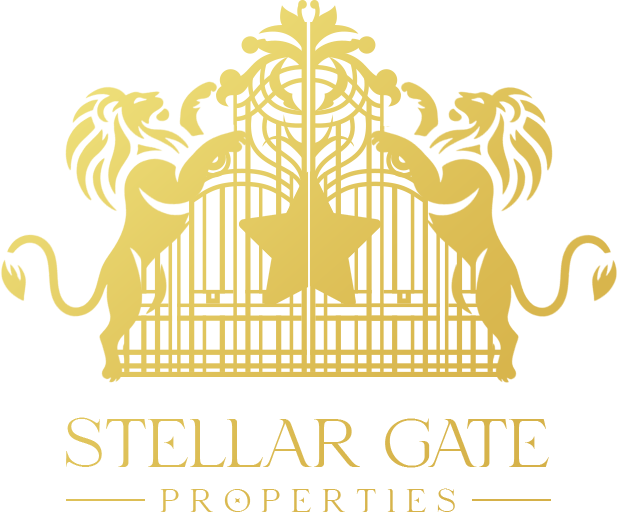Common Loans
Popular Mortgage Loan Types for Northern Virginia Home Buyers
Refer to our Mortgage Brokers and Home Mortgage Providers page for a list of local lenders.
VHDA Mortgages – Virginia Housing Development Authority
The VHDA offers a variety of 30-year fixed interest rate mortgages with very low down-payment requirements for Virginians who otherwise might not be able to afford to purchase a home. In the case of their FHA Plus loan, VHDA’s FHA-insured first mortgage is supplemented with a second mortgage for 3.5% to 5% of the sales price, allowing a buyer to purchase without the need to fund a down payment and closing costs. Their VA loans for veterans, and their RHS loan for rural properties, are also both available without down payment. Ask your home mortgage consultant for details, eligibility requirements, and availability of these products.
VA Mortgages
VA mortgage loans are available to eligible American active duty service personnel, reservists, veterans, and eligible family members. These loans are issued by a variety of qualified lenders, and are guaranteed by the U.S. Department of Veterans Affairs (VA). The come with both low and no down payment options, and closing costs can be funded from a gift or through a grant. Some VA loans allow the buyer to borrow up to 103.3% of the sales price or reasonable value of the home, whichever is lower, which also allows for closing costs to be funded. They are available in eligible areas, which generally includes small cities, towns and rural areas. Ask your home mortgage consultant for details and eligibility requirements for VA mortgage loans.
FHA Mortgages
FHA loans are insured by the Federal Housing Administration, which is part of the U.S. Department of Housing and Urban Development. Because the FHA insures these loans, lenders are able to offer highly competitive terms including down payments as low as 3.5% of the purchase price. In some cases, they also allow you to use a gift to fund the down payment and closing costs. FHA loans are a popular choice for eligible homebuyers. A buyer will need to pay an upfront mortgage insurance premium equal to 1.75 percent of the base loan amount, although this premium usually added to the total loan amount. A monthly FHA mortgage insurance premium will also be added to the buyer’s regular payment. Ask your home mortgage consultant for details, eligibility requirements, and availability of FHA mortgages for your intended home purchase.
FHA 203(K) Mortgage
FHA’s 203(K) mortgage enables buyers to finance both the purchase price of a property, and as well as the cost of renovations or repairs to make it move-in ready. The amount that the buyer can borrow is based upon the expected value of the home once the improvements are made. As with standard FHA mortgages, the down payment can be as low as 3.5 percent of the total loan amount. The eligibility terms are quite flexible, although the borrower will usually need a credit score of at least 640 to qualify.
As a buyer may be unable to live in the property until the repair work is complete, the 203(K) mortgage allows for up to six months of payments to be included in the initial loan amount. This removes the need for the buyer to make two monthly payments while living in another property during the renovation period. The 203(K) loan can save the borrower money in several ways. Firstly, as the cost of the repairs and improvements are included in the primary mortgage, it reduces the need for duplicate loan fees and closing costs. Secondly, the renovation costs are spread throughout the term of the loan, which usually translates into a lower total monthly payment compared to a separate financing option.
If you are looking to purchase a fixer-upper, be sure to ask your home mortgage consultant for details and eligibility requirements for FHA 203(K) mortgage loans.
Conventional Mortgages
VHDA, VA, and FHA mortgages are all government backed. They are generally useful for borrowers with low credit scores and high debt-to-income ratios. While they offer certain advantages, they also have some drawbacks. They are usually not available on all property types, or in certain areas, and the mortgage insurance premiums can be higher than private options.
In contrast, conventional mortgage loans are not backed or insured by any government agency. As such, they are less restrictive when it comes to property type and area, and the private mortgage insurance premiums are usually lower. However, they generally require that the borrower has a good credit score, and can fund both the down payment and closing costs. They also normally require the percentage of monthly income spent by the borrower on debt payments to be lower compared to what a lender of a government backed mortgage might accept.


